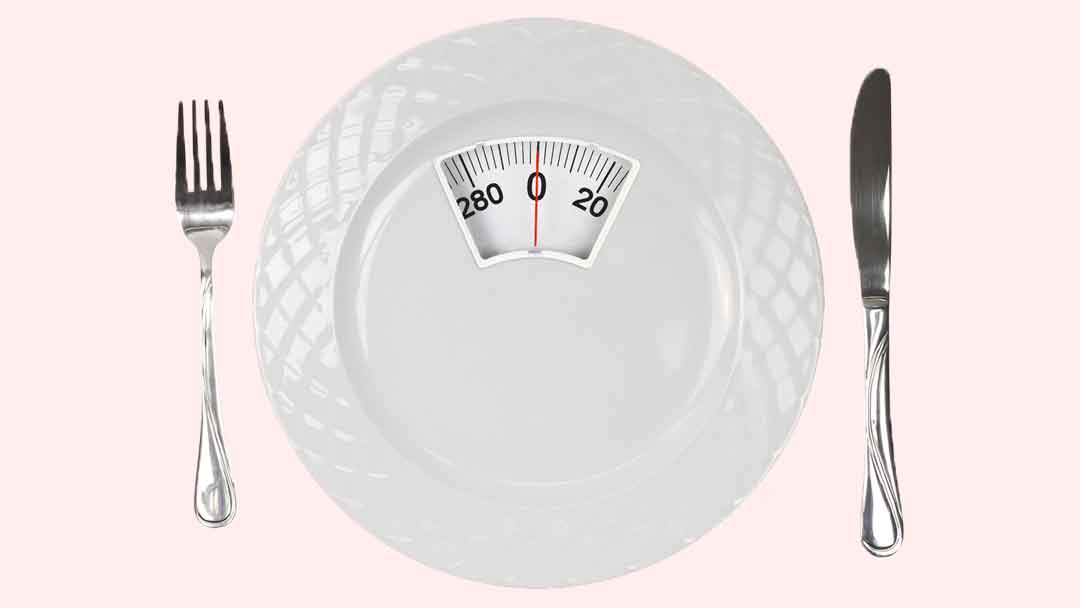People with Eating Disorders Who Restrict Their Food Intake Are at Risk

Read the abstract of this 2009 study.
People who restrict their food intake are at risk for multiple nutrient deficiencies, including protein, calcium, iron, riboflavin, niacin, folic acid, vitamin A, vitamin C, vitamin B6, and essential fatty acids. A general multivitamin-mineral formula can reduce the detrimental health effects of these deficiencies.
Serotonin, a hormone that helps regulate food intake and appetite, is synthesized in the brain from the amino acid L-tryptophan. Preliminary data suggest that some people with bulimia have low serotonin levels. Researchers have reported that bulimic women with experimentally induced tryptophan deficiency tend to eat more and become more irritable compared to healthy women fed the same diet.
Weight-loss diets result in lower L-tryptophan and serotonin levels in women, which could theoretically trigger bingeing and purging in susceptible people. One small, double-blind trial reported significant improvement in eating behavior, feelings about eating, and mood among women with bulimia who were given 1 gram of L-tryptophan and 45 mg of vitamin B6 three times per day. Other double-blind studies using only L-tryptophan have failed to confirm these findings. L-tryptophan is available online and in health stores. Most cities have at least one compounding pharmacy, which prepares customized prescription medications to meet individual patient’s needs.
